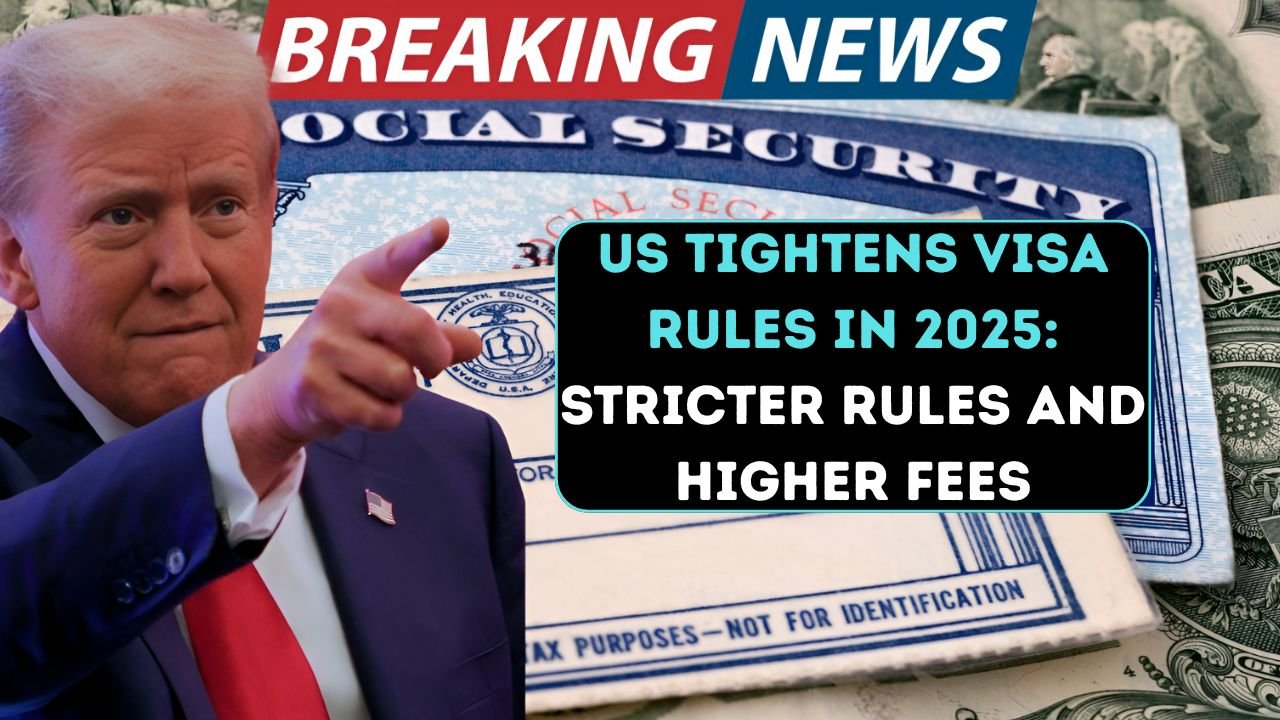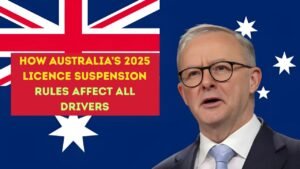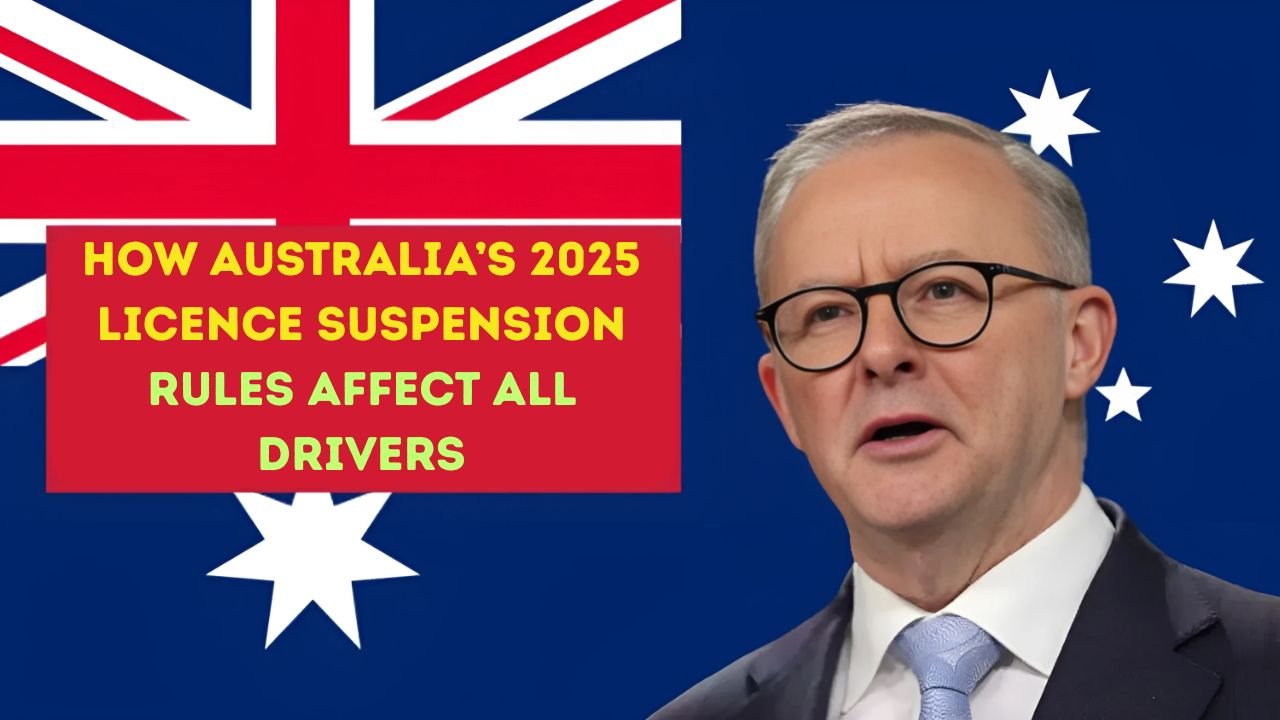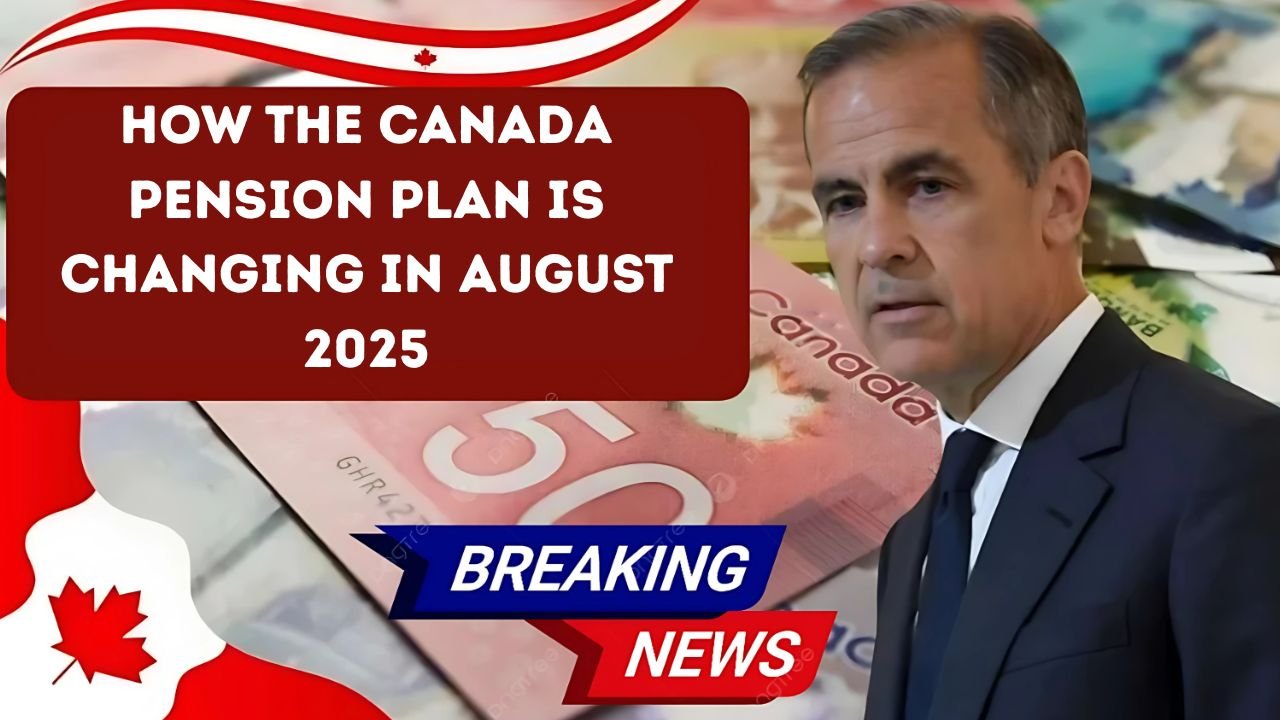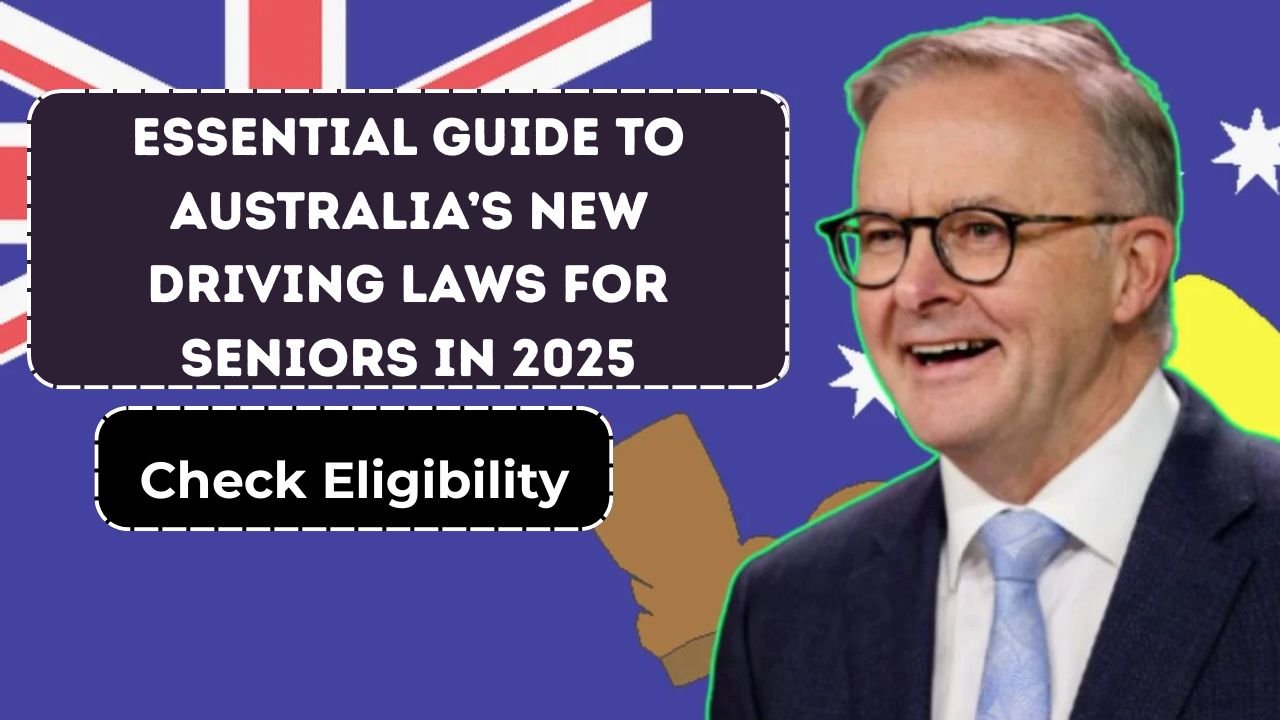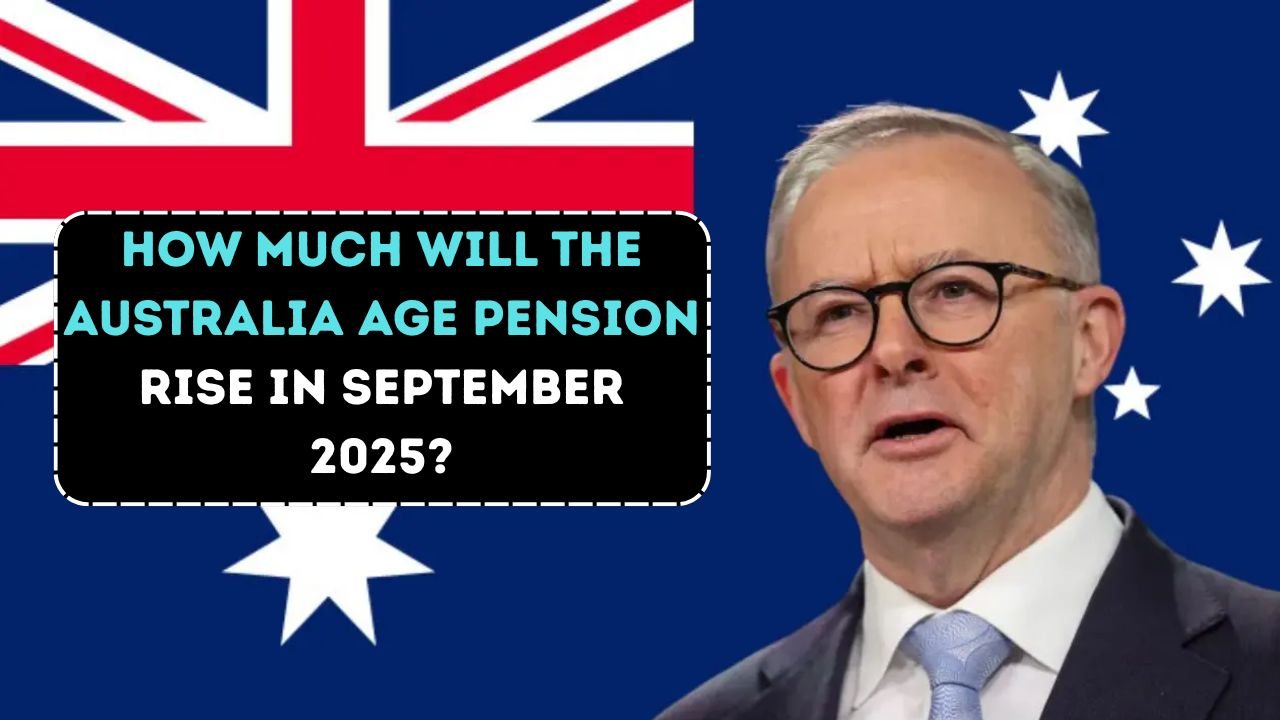The United States has made major changes to the visa policies which are bound to impact millions of tourists, students, and immigrants across the globe, particularly candidates from India and other high-traffic nations. These policies are being implemented because the current government is paying more attention to immigration control, and the changes are scheduled for August and September 2025.

New Fees and Financial Bonds Target Visa Compliance
Starting in 2026, every visa applicant will have to pay $250 as a Visa Integrity Fee which will be mandatory for all non-immigrant visas. This payment will be treated as a security deposit to be paid back if the visa holder follows the set rules of compliance like leaving when scheduled or adjusting the status legally. In addition to this, certain applicants from nations with high overstay rates will be required to submit a refundable visa bond of 5 to 15 thousand dollars. This 12-month pilot program will begin on August 20, 2025, starting with Zambia and Malawi and likely expanding later.
New fees add to the already expensive visa cost. For instance, travelers from India will have to pay $472 for their visa application fees, a nearly threefold increase.
In-Person mandatory interviews worsens already terrible visa procedures. Starting September 2, 2025, the US State department will require almost all non immigrant visa applicants to have a consulate interview. Categories like renewals and applicants under the age of 14 and over 79 years had interview exemption. That exemption is now gone which means all tourist (B-1/B-2), student (F and M), work (H-1B), and exchange (J) visas will have tighter scrutiny and uniform vetting standards.
US Tightens Visa Rules in 2025: Stricter Rules and Higher Fees
As of August 1, 2025, the USCIS has made changes to the policy regarding family-sponsored immigrant visa petitions. The revised policies aim to detect non-eligible applications, fraudulent submissions, or even non-eligible applications. The USCIS emphasizes that even if a petition has been approved, it does not confirm lawful status, and the agency reserves the right to begin removal proceedings if ineligible conditions are found later.
These changes, in their entirety, emphasize the action that the US government is taking to prevent fraud and abuse of the immigration system and to ensure national security. While these policies are meant to prevent abuse of the visa system, they also introduce new challenges for applicants in the form of higher costs and longer processing times. While these changes could be of concern, traveling immigrants are encouraged to prepare better and remain updated on the policies.
